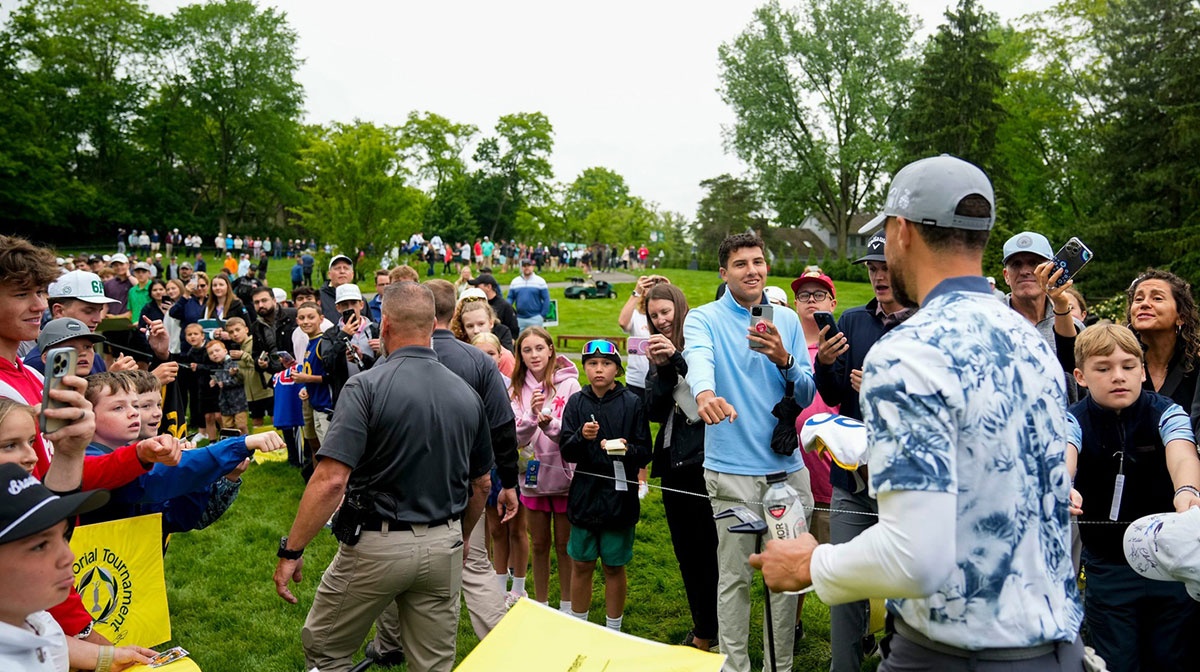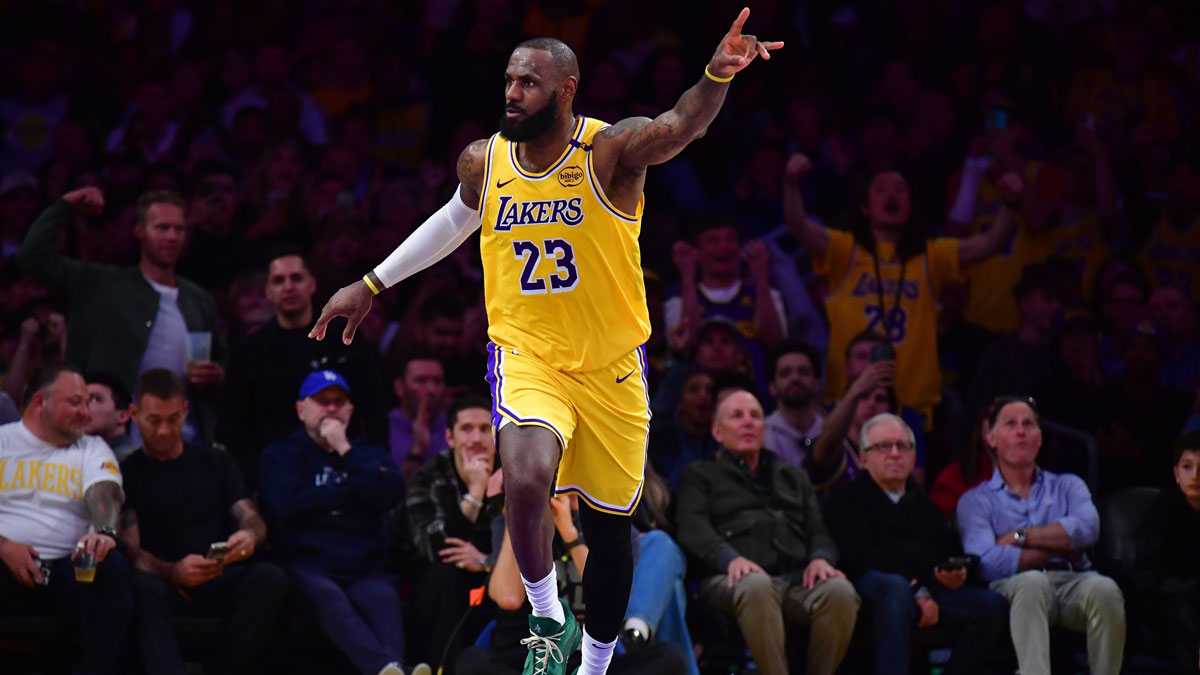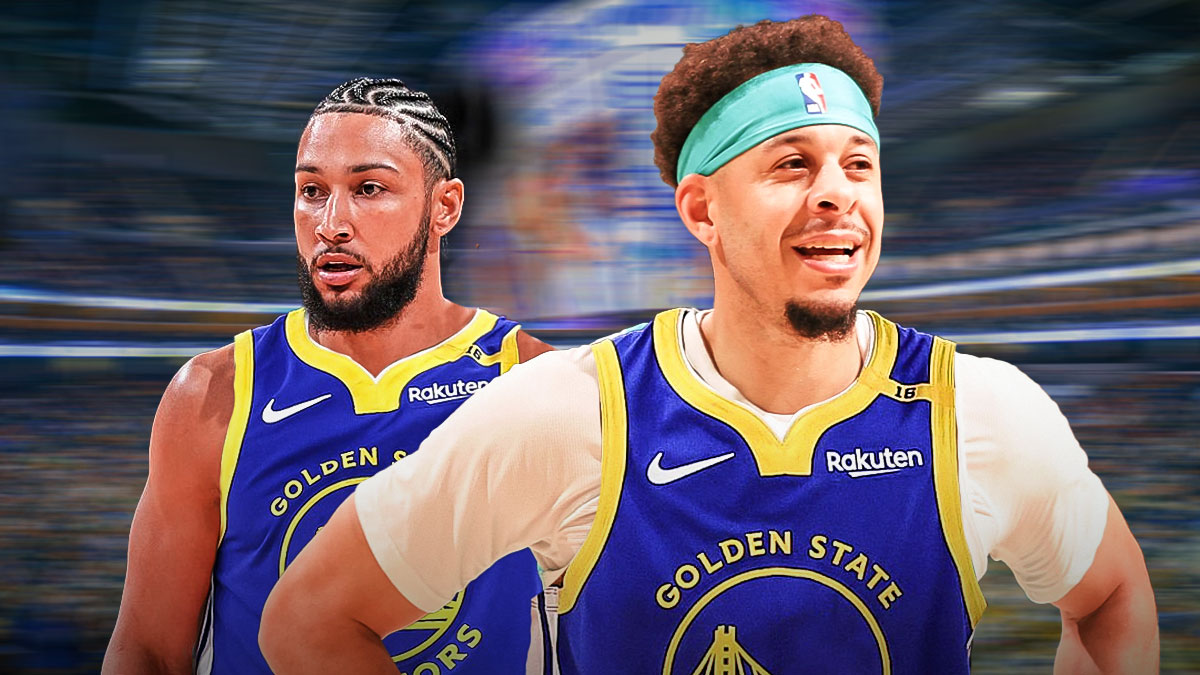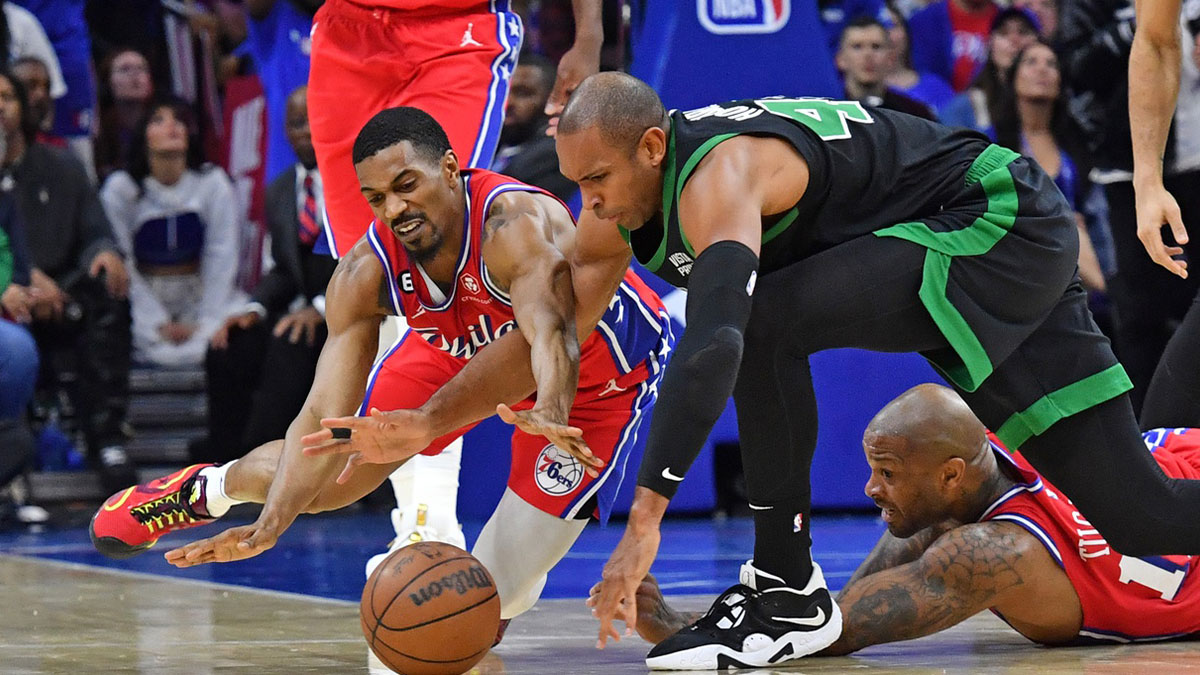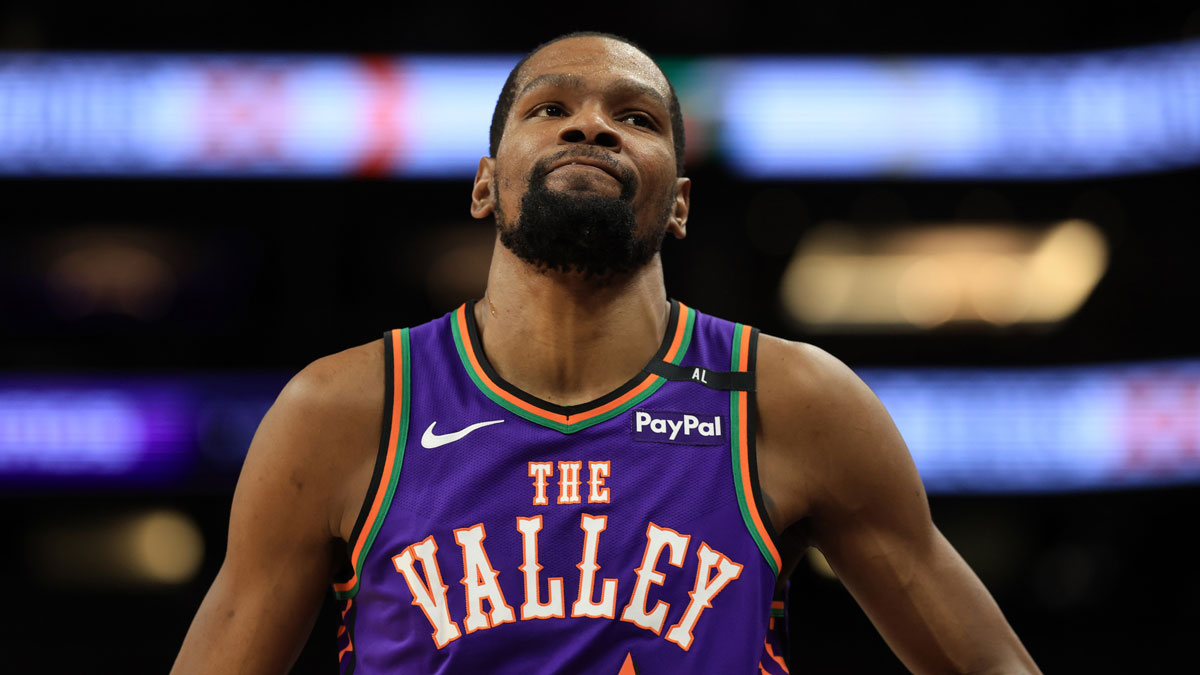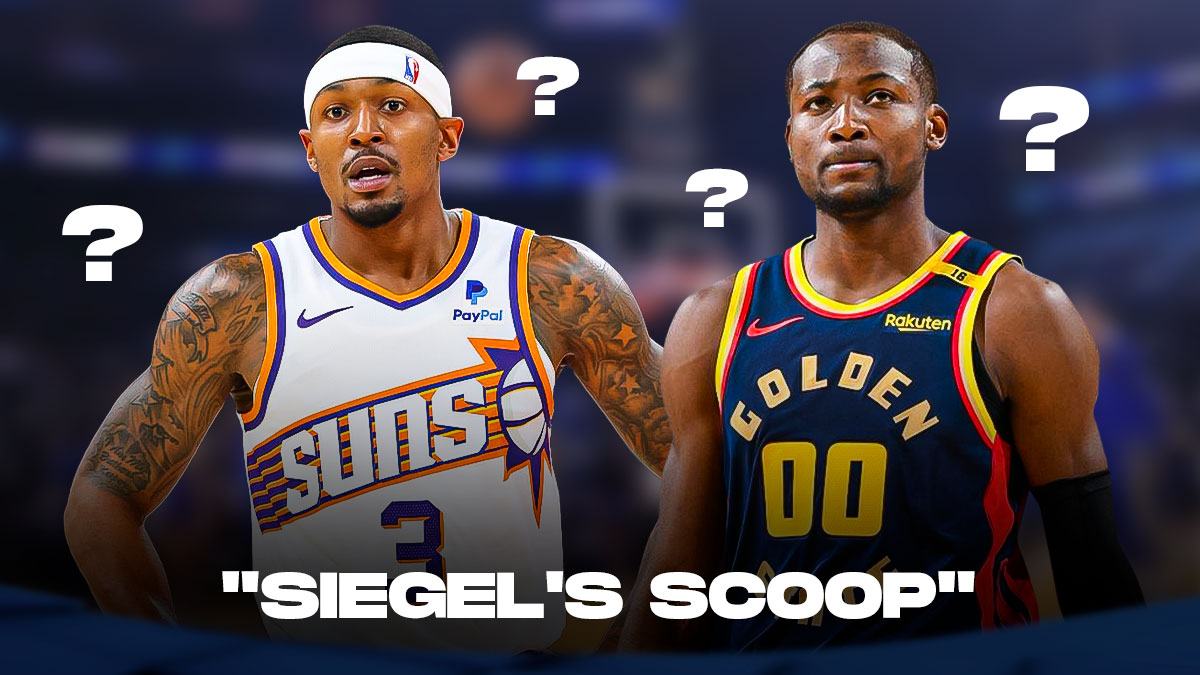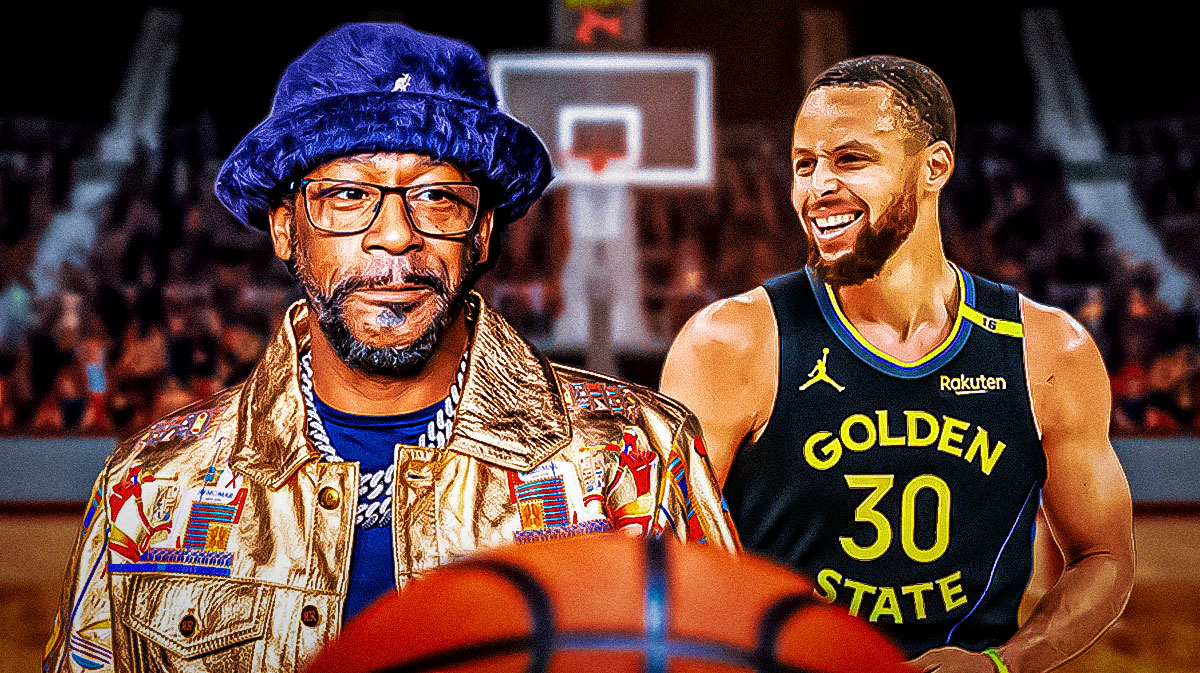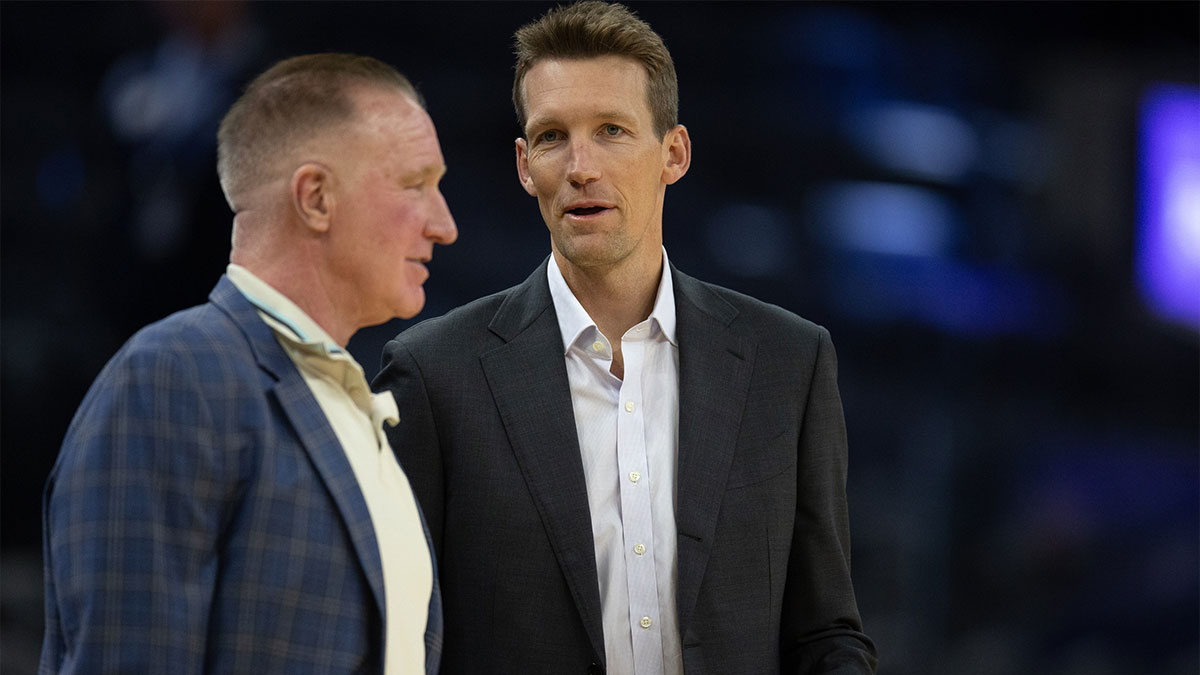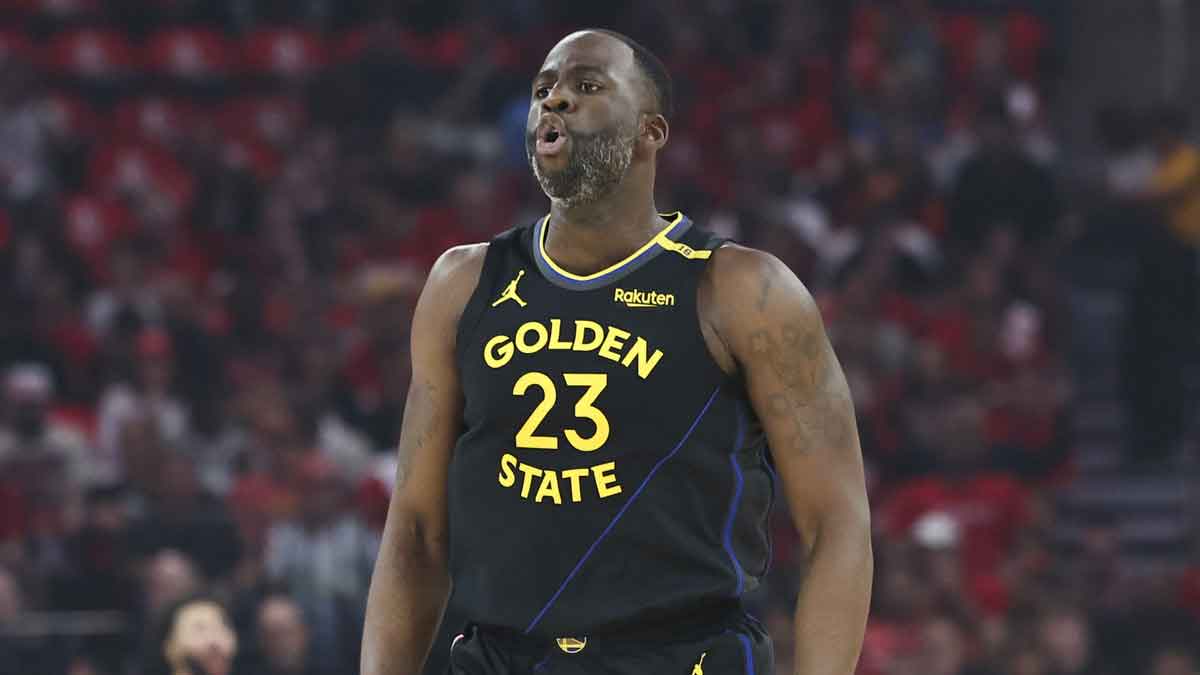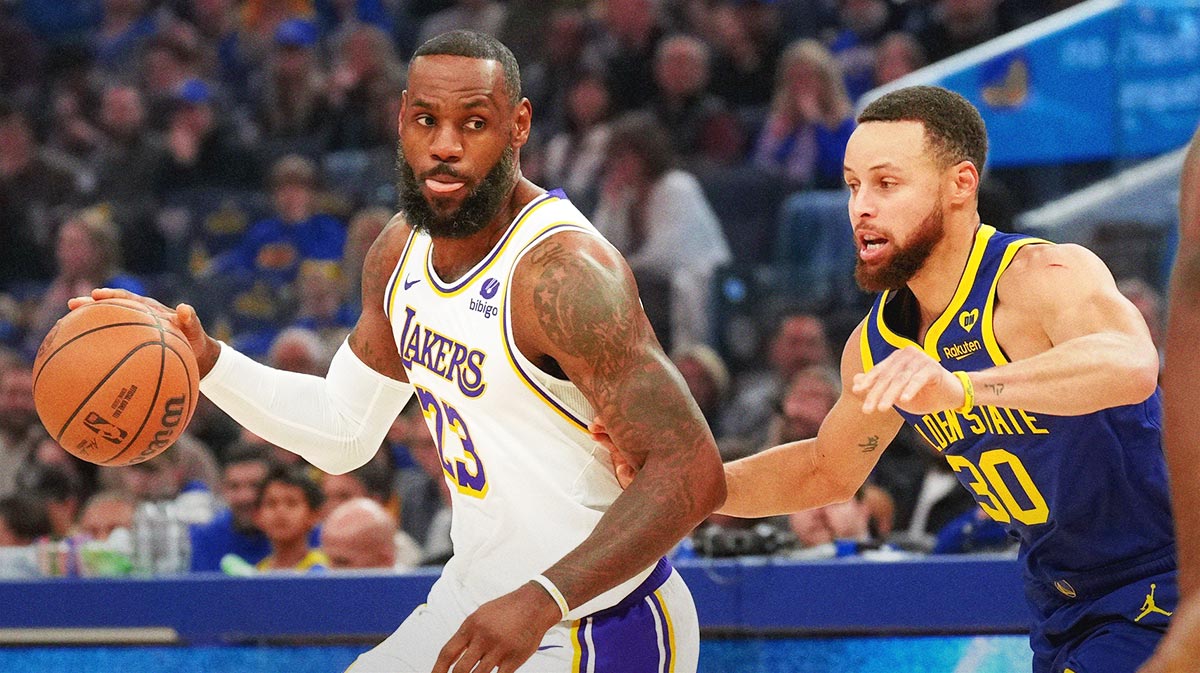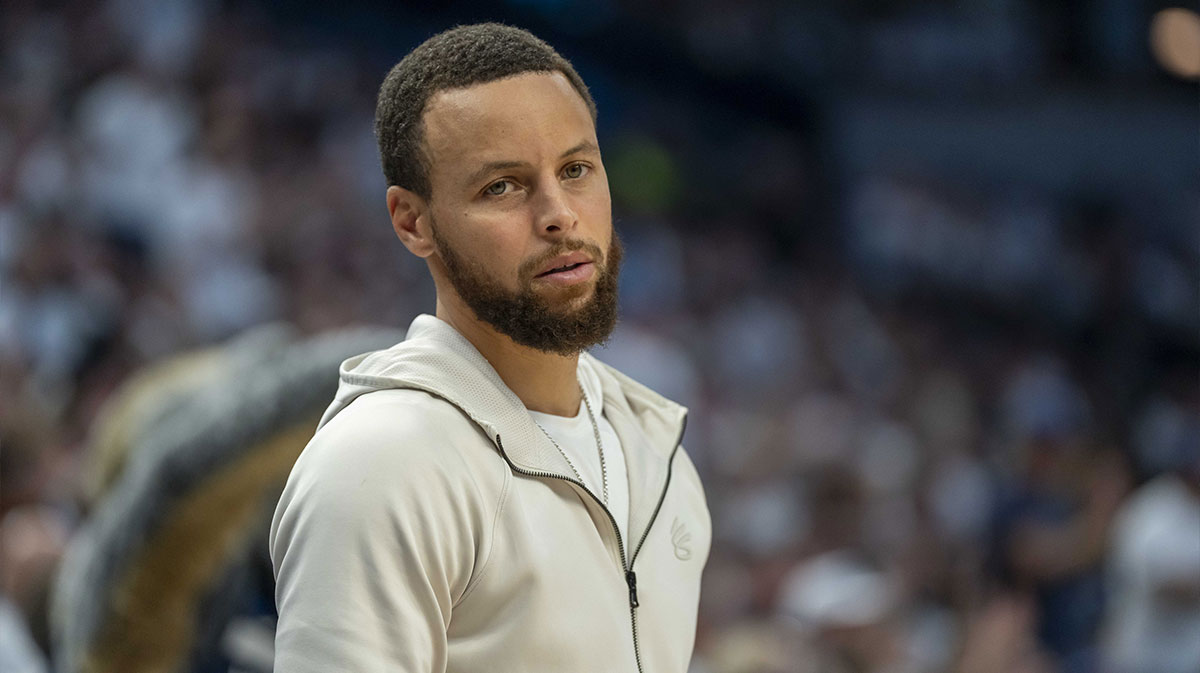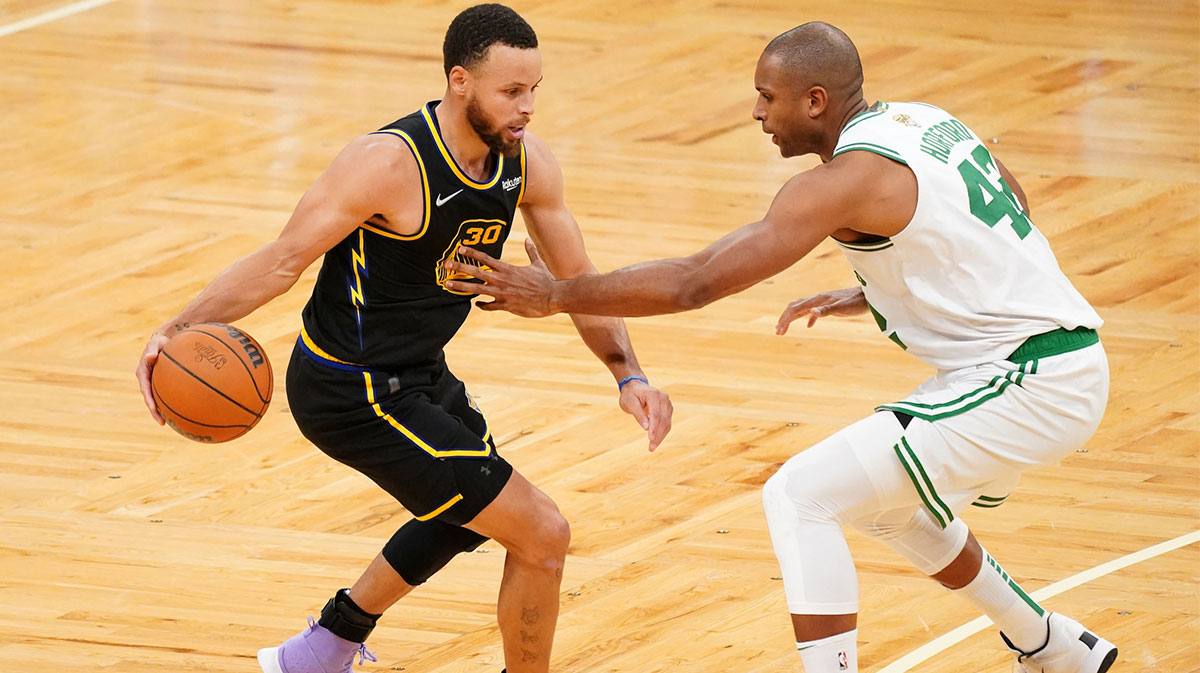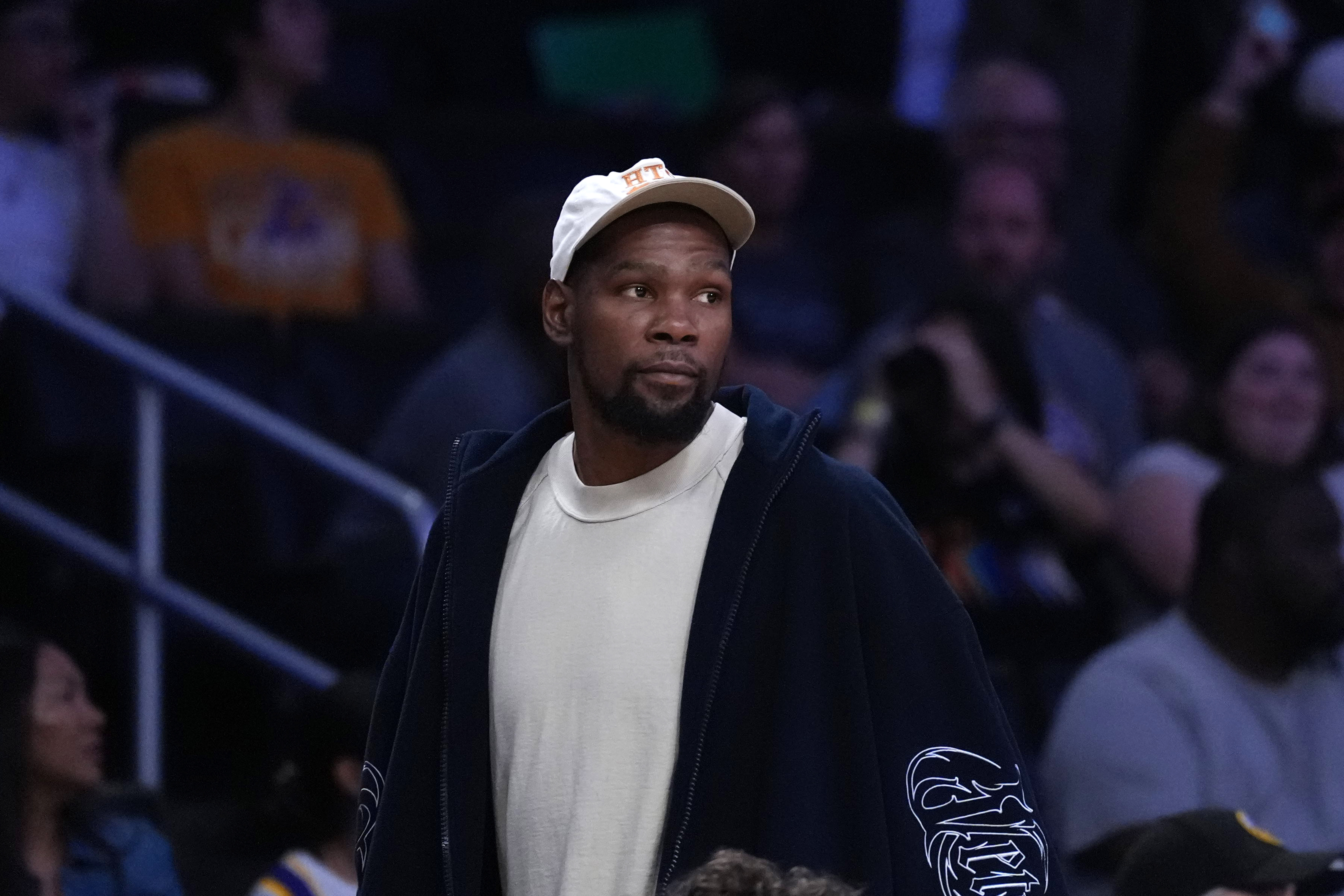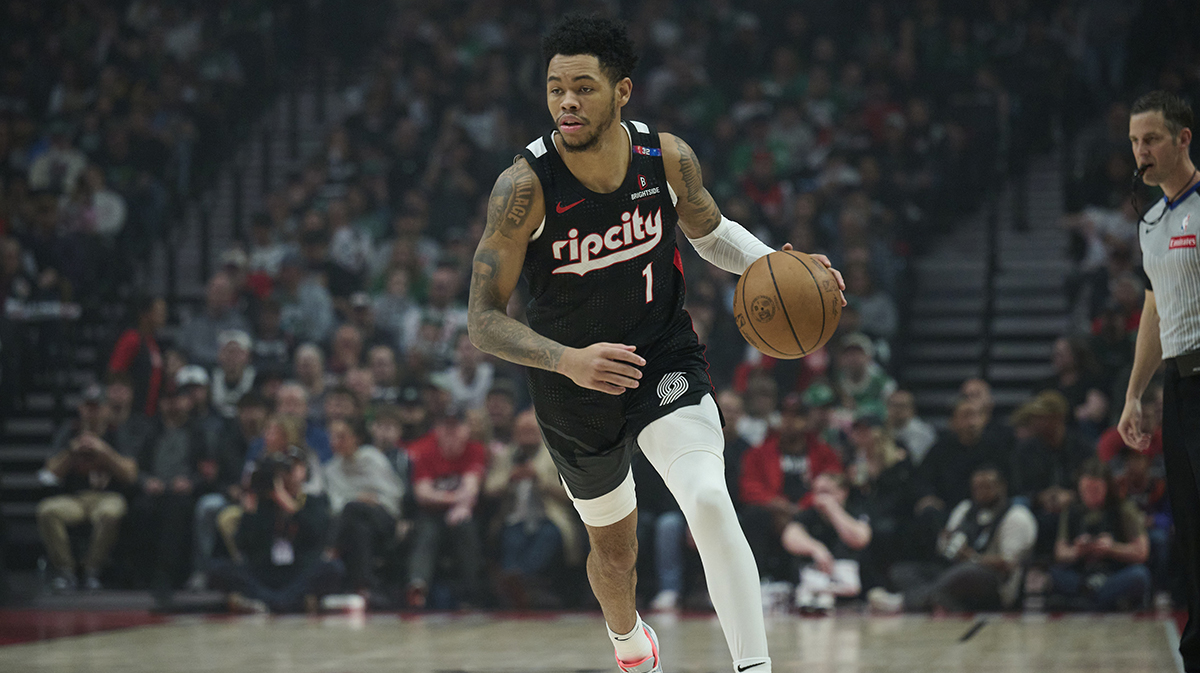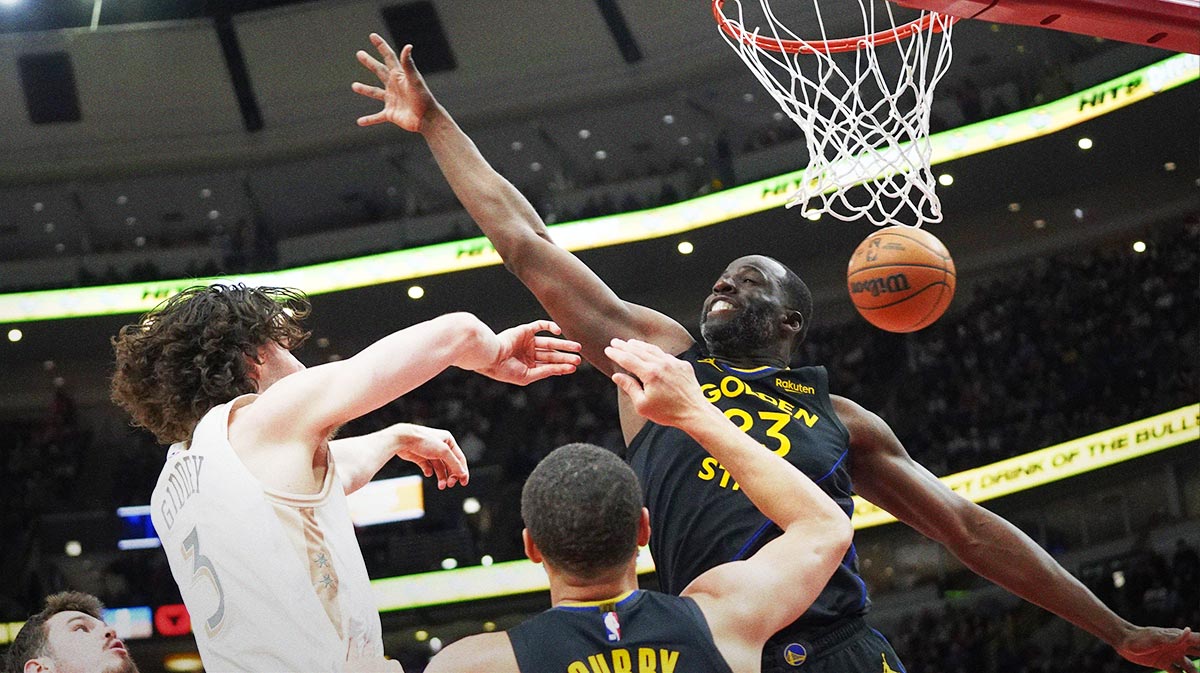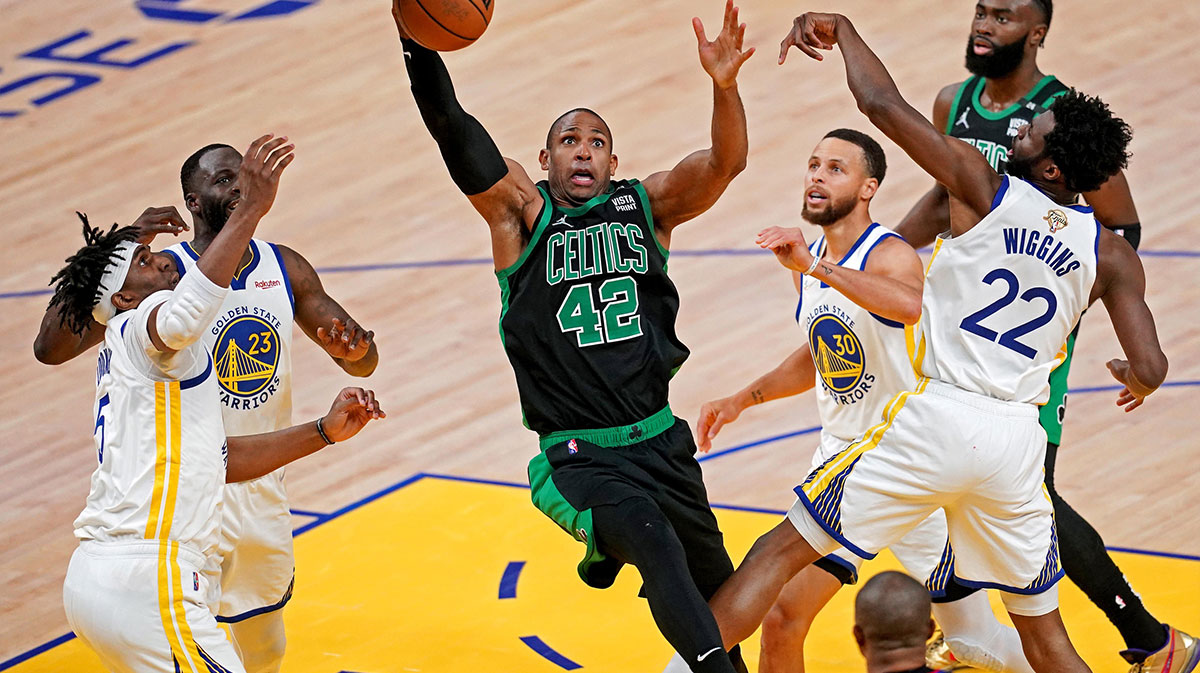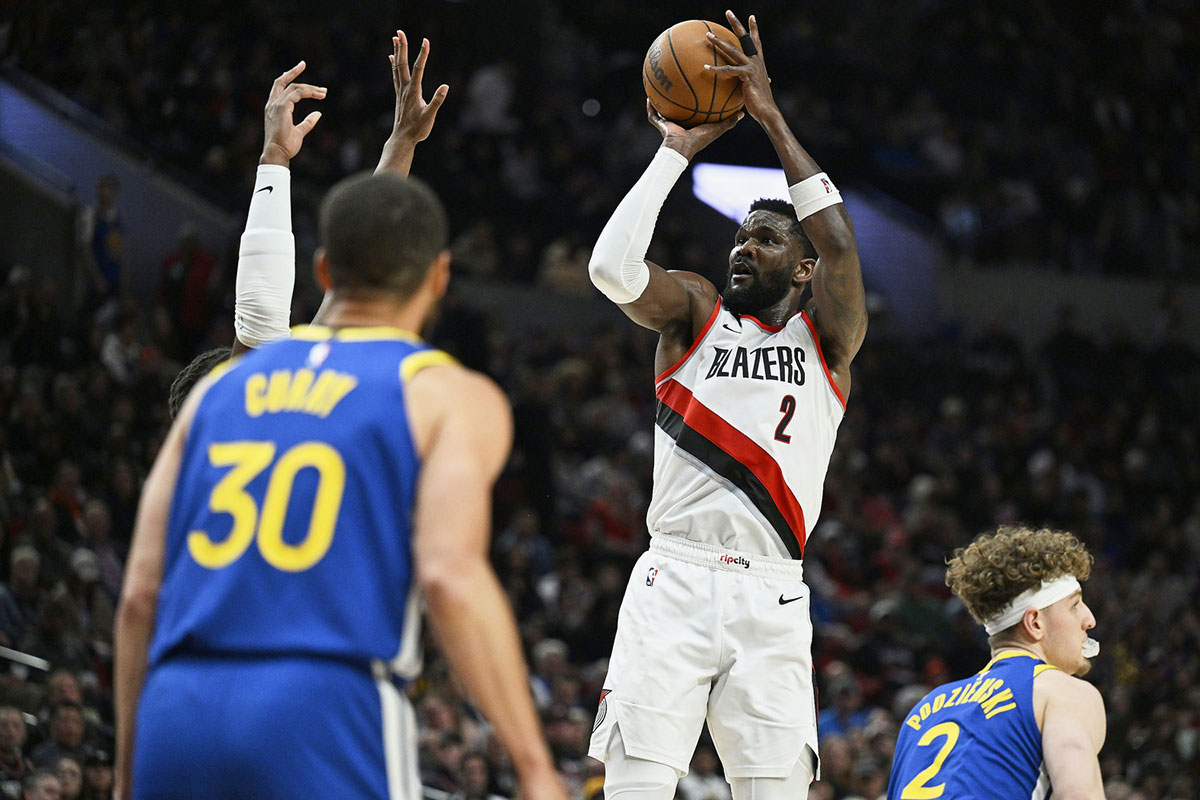Golden State Warriors star Stephen Curry is one of the latest NBA players to react to the killing of George Floyd, an African American man who died after a Minneapolis police officer restrained him by putting his left knee on his neck.
Floyd was seen moaning in pain at the foot of a squad car while a team of police officers surrounded the scene, responding to a “forgery in progress.” The Golden State Warriors guard is irate, much like the rest of the NBA community.
LeBron James, Steve Kerr and Stephen Jackson are a few other notable faces who have spoken up about this killing. Curry didn't shy away from making his emotions known:
“If this image doesn’t disturb you and piss you off, then idk,” wrote Curry in his Instagram caption. “I’ve seen a lot of people speak up and try to articulate how fed up and angry they are. All good and well but it’s the same same same reality we live in. George Floyd. George Floyd. George has a family. George didn’t deserve to die. George pleaded for help and was just straight up ignored, which speaks loud and clear that his black life didn’t matter. George was murdered. George wasn’t human to that cop that slowly and purposefully took his life away.
https://www.instagram.com/p/CAs5rhSF_ZJ/
This is the latest example of police violence, one that has now resulted not only in the abuse of a black man but also his death.
Floyd was heard repeatedly pleading “I can't breathe” to the officer, something already too familiar to the NBA community:
“My stomach hurts. My neck hurts. Everything hurts. … (I need) water or something. Please,” said Floyd, according to bystanders (via CBS News). “Please. I can't breathe, officer. … I cannot breathe. I cannot breathe.”
In 2014, players wore black shirts that read “I Can't Breathe” as a response to the killing of Eric Garner, another black male killed by police after being put in a chokehold during his arrest.
Sadly for Curry, reacting to these tragedies has become something all too common during his NBA career. Floyd's death has become another example of how police brutality is very much alive in the United States, even after years of continual evidence.

